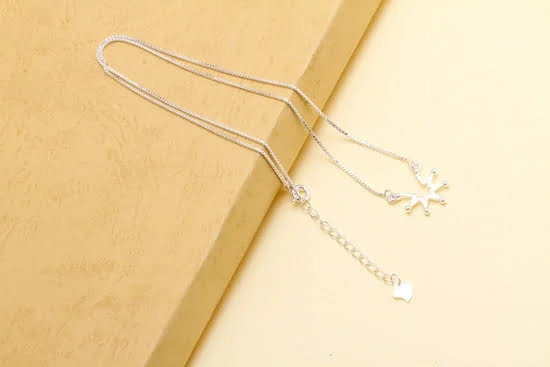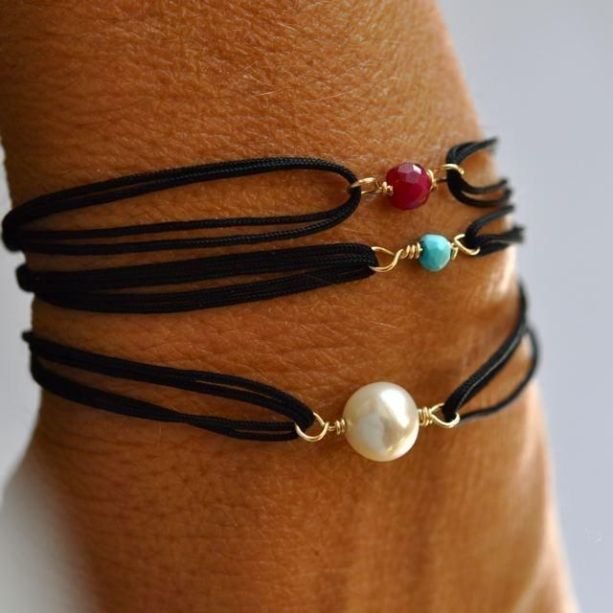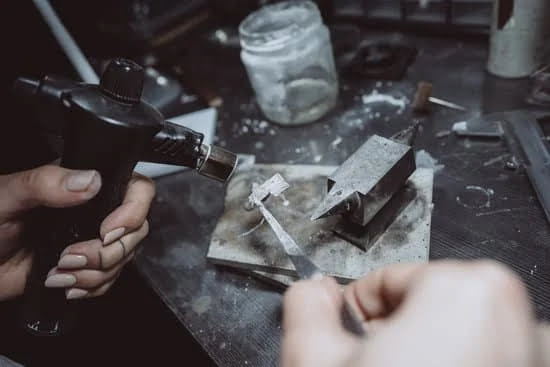Introduction
Caring for jewelry is integral to maintaining its beauty, value and validity. It can also save money that would otherwise be spent on costly repairs or replacements. While some jewelry may require professional cleaning, it’s possible to clean and shine jewelry at home without causing damage to many pieces.
When it comes time to shine precious pieces of jewelry, there are a few tips that should be kept in mind in order to properly care for the items. First, avoid using harsh abrasives like steel wool or brushes since these can scratch the metal or stone surfaces. Second, to remove dirt from hard-to-reach areas or porous stones like pearls, use a soft bristle toothbrush with mild dish detergent mixed with warm water. Thirdly, never submerge any kind of gemstones underwater as they must remain dry in order to maintain their luster; instead use a damp cloth with a mild cleaner and lightly wipe away surface dirt. Finally, before storing your jewelry make sure it’s completely dry in order to prevent tarnishing or discoloring between wears and cleanings.
By keeping these tips in mind, you can easily and safely clean and shine your favorite pieces of jewelry while preserving their value and beauty!
Gather Necessary Supplies
In order to effectively and safely shine jewelry, it is important to gather the necessary supplies. One of the best materials out there for cleaning jewelry is a soft, lint-free cloth dampened with warm soapy water. Using this cloth allows you to physically clean and scrub away dirt, dust, grease, and other stains without causing any damage. For tougher stains and light tarnishes on metals such as silver or gold, a liquid cleaner specifically designed for precious metals can also be used. For gemstones and jewels that require more gentle care than metals, an ultrasonic cleaner may be required. An ultrasonic cleaner uses soundwaves to agitate particles off the surface of jewelry which is usually safe for most stones, although diamonds are often an exception as they can often crack when exposed to too much sound energy in short bursts. Finally, polishing cloths should always be used to bring back a high vibrance or polish to metal or gemstone surfaces after cleaning. These special cloths are designed specifically to remove dirt from jewelry while leaving an extra shine behind.
Prepping Jewelry
1. Check the surface of the jewelry carefully to identify any areas that are particularly dirty, scratched, or discolored.
2. Gently remove any dust, lint or dirt with a soft cloth.
3. Rinse the jewelry in warm water and use a small brush to carefully scrub away dirt or debris from any nooks and crannies. Take care not to be too harsh as you do not want to cause any damage to the piece.
4. Once finished, rinse off again in clean warm water and gently dry with a soft microfiber cloth. 6. Soak the jewelry in water mixed with mild dish detergent for 5-10 minutes and then rinse off again in warm water before drying with a soft cloth.
5. Use a polishing cloth dipped into diluted jewelry cleaner if necessary for stained or tarnished pieces – test out on an inconspicuous area first before using on the entire piece of jewelry as some metals can react badly with certain materials used within jewelry cleaners.
Removing Tarnish
Chemical agents for removing tarnish from jewelry are easy to use, generally safe and effective on most shiny metals. They come in a variety of forms: dips, pastes, aerosols, and wipes. Additionally, many chemical polishes are non-toxic and require minimal effort to apply. However, these chemicals can be hazardous to gemstones and certain sensitive metals.
Abrasive agents for removing tarnish from jewelry take more time to apply but typically render the best results. These include polishing cloths or machines with special buffing wheels coated in fine abrasive particles or liquids specially formulated with advanced polishing compounds. While they don’t pose the same risks to stones and delicate metals as chemical solutions do, abrasive agents take longer to polish items than chemical cleaning solutions do and can sometimes be expensive.
Final Touch
Once the jewelry has been gently cleaned, it is time for the final touch. For silver jewelry, a good idea is to use a silver polishing cloth. These cloths are specially designed for cleaning silver and should not be used for other types of jewelry such as gold or pearls. Before buffing the piece with the polishing cloth, it is important to make sure that all dirt has been removed from its surface first. Use a soft, damp cloth to get rid of any dust or other particles before you begin to shine the jewelry.
Once all dirt has been removed, unfold the silver polishing cloth and gently begin to rub against the surface of the jewelry in circular motions. Continue this process until a brilliant shine starts to appear on the item! After buffing with a polishing cloth, some people choose to use additional materials like a special liquid or paste polish, depending on how much they want their piece to shine. While using these additional materials increases the luster of your piece, make sure that you read any instructions that come with them carefully so as not to damage your jewelry’s finish! Finally, store your clean and shining jewelry back in its original box for safe keeping!
Aftercare
Proper storage of jewelry is extremely important for preserving its luster and beauty. When storing jewelry, it is best to keep each piece in an individual airtight compartment or container to provide protection from dust, humidity, and other damaging elements. To further protect your pieces and prevent tarnishing, store them away from sunlight in a dark area. Additionally, it is recommended to keep your delicate jewelry pieces stored separately so they do not get scratched or tangled with other items.
Regular cleaning is necessary to maintain the shine and brilliance of your jewelry pieces. The best way to clean most types of jewelry is by using a soft cloth or cotton swab dampened in warm, soapy water and then gently rubbing the surface until dirt is removed. Make sure that no harsh chemicals are used as those may damage the finish. For silver or gold jewelry that has become tarnished over time, it can be cleaned lightly with a silver polishing cloth but do not use any kind of abrasive cleaners as they can scratch the surface of the piece. Store your polished jewelry in anti-tarnish paper baggies as well to extend its shine and prolong its lifespan.
Conclusion
Caring for jewelry is an important aspect of maintaining its condition and luster. Jewelry should be stored in a clean, dry container, preferably separated from other items, to avoid scratching and tarnishing. Additionally, remove jewelry prior to showering/bathing, exercise, swimming pool visits and cleaning with chemical solutions. Finally, jewelry can also benefit from regular polishing with either a polishing cloth or a mild solution of liquid detergent and water to keep it shining bright! If ever in doubt about caring for your jewelry pieces– always consult a professional jeweler!

Welcome to my jewelry blog! My name is Sarah and I am the owner of this blog.
I love making jewelry and sharing my creations with others.
So whether you’re someone who loves wearing jewelry yourself or simply enjoys learning about it, be sure to check out my blog for insightful posts on everything related to this exciting topic!





